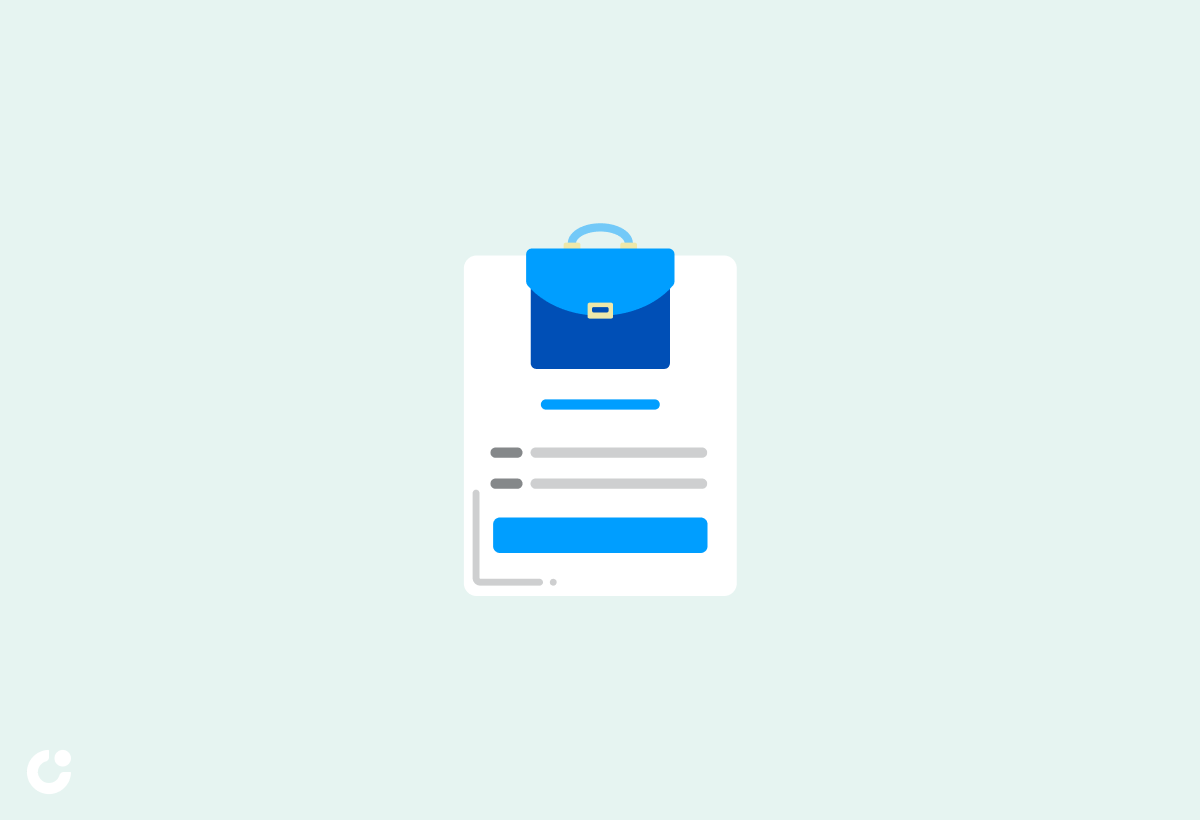Are you wondering how to make a great impression when reaching out to a potential employer via email? In this article, we will guide you through the dos and don'ts of addressing and contacting employers through email. From email format guidelines to sample email templates for job applications, introductions, follow-ups, and more, we have got you covered. Stay tuned for tips on making a stellar first impression and final recommendations for successful communication with prospective employers.
Key Takeaways:
When writing an email to a prospective employer, it is important to address them professionally and follow proper email etiquette.
Use email templates as a guide for crafting effective emails to potential employers, including job application emails, introduction emails, and follow-up emails.
Make sure to make a good first impression through your email by personalizing it, showcasing your qualifications and skills, and using proper grammar and spelling.
How to Write an Email to a Prospective Employer
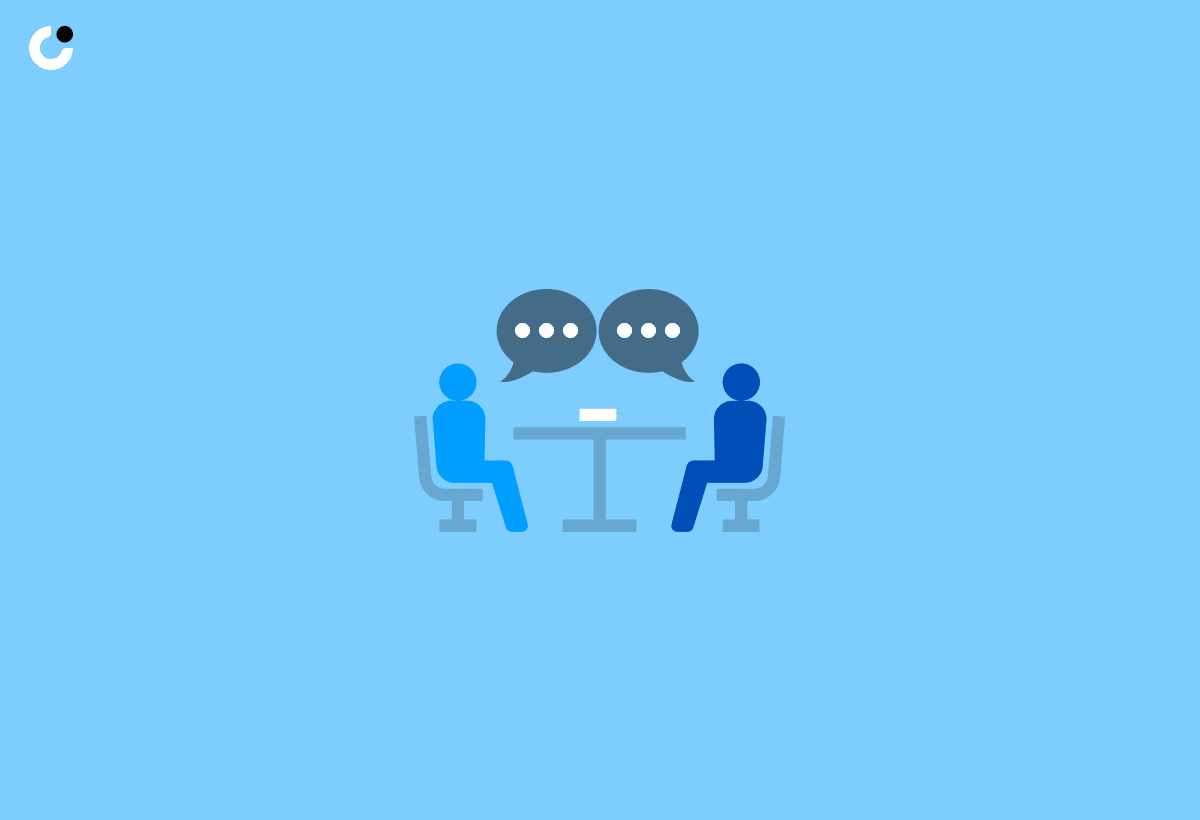
Crafting an email to a potential employer is an essential skill that can open the door to exciting job opportunities and meaningful career advancements. Employing a professional tone and structured format is crucial to make a lasting impression.
When composing an email to a potential employer, it's important to start with a clear and concise subject line that captures attention and conveys the purpose of your message. Using formal language helps establish credibility and professionalism, showing respect for the recipient. Structuring your email with proper salutations, body paragraphs explaining your experience and skills, and a polite closing can greatly enhance the readability and impact of your communication.
Addressing an Email to a Potential Employer

When addressing an email to a potential employer, it is crucial to use a professional tone and format that reflects your expertise and interest in the opportunity.
Along with maintaining a professional tone, it is essential to ensure that the content of your email is relevant and tailored to the specific job opening or company you are applying to. Personalizing your message can greatly increase your chances of making a positive impression on the recipient. Remember to include specific details about why you are interested in the position and how your skills match the requirements.
It is advisable to attach necessary documents such as your resume or portfolio links to provide the recipient with more information about your qualifications. Utilizing tools like Grammarly or Flowrite can help in refining your communication for clarity and impact.
Emailing Best Practices for Prospective Employers

When emailing prospective employers, it is essential to showcase your professionalism, highlight your value proposition, and express your interest in the opportunity effectively.
Begin by crafting a concise and engaging subject line that captures the recipient's attention. In the body of your email, emphasize your relevant experience and skills that align with the job requirements. Ensure your email is well-formatted, free of errors, and easy to read. It is also crucial to personalize each email to the specific recipient rather than using a generic template.
After sending your initial email, remember to follow up politely if you don't receive a response within a reasonable time frame. Express gratitude for the opportunity to apply and inquire about the next steps in the hiring process. Promptly respond to any requests for additional information or interviews to demonstrate your enthusiasm and commitment.
Maintain a positive relationship with recruiters or hiring managers by responding promptly to their emails, even if it's just to acknowledge receipt. Professionalism and a proactive approach can leave a lasting impression and increase your chances of landing the job.
Email Format Guidelines for Contacting Employers
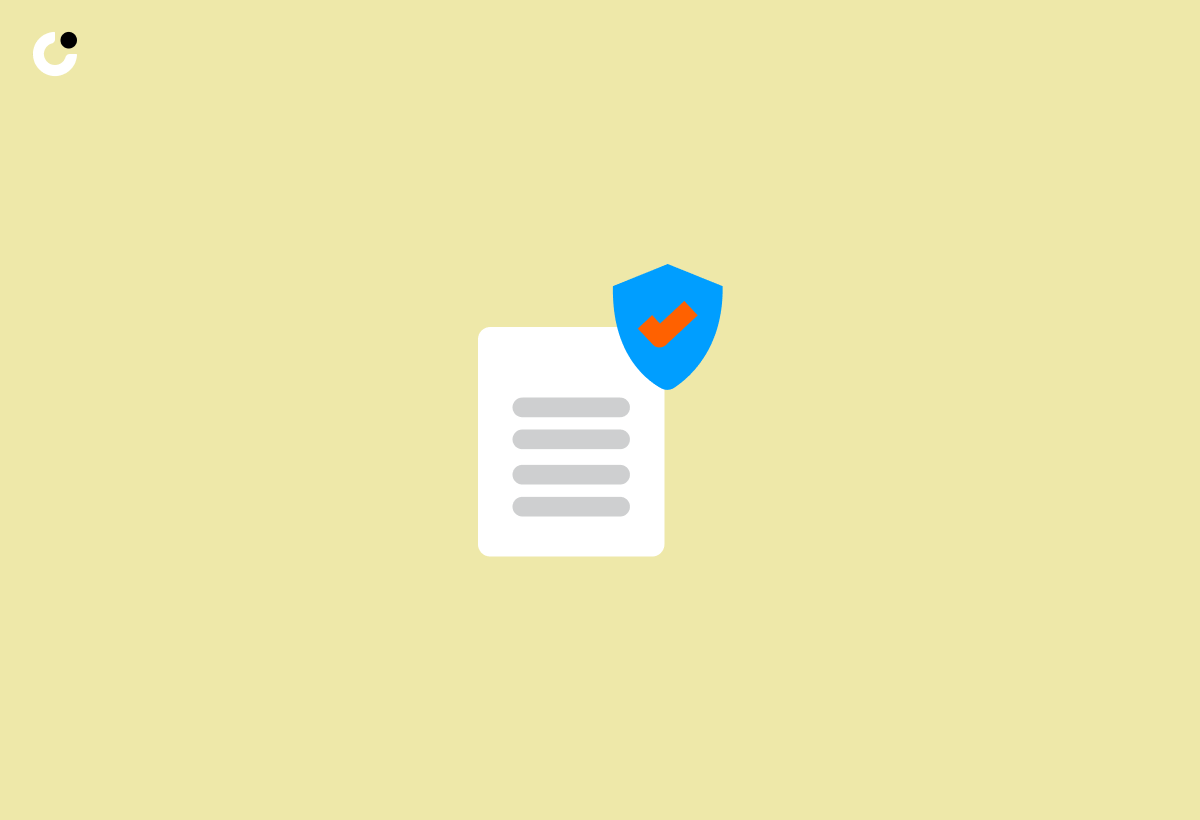
Following proper email format guidelines when contacting employers can significantly enhance your chances of getting noticed and securing job opportunities.
Begin by customizing each email to the specific recipient, addressing them by name and introducing yourself concisely in the first paragraph. Your email should have a clear and professional structure, with a subject line that is both intriguing and relevant to the recipient's interests.
Utilize a polite and formal tone throughout the email, avoiding colloquial language or overly casual expressions.
You can also consider using tools like AI or Flowrite to enhance the clarity and professionalism of your communication, ensuring that your message is engaging and effective. Always proofread your emails before sending them to catch any errors or inconsistencies that could detract from your professionalism.
Sample Emails to a Potential Employer
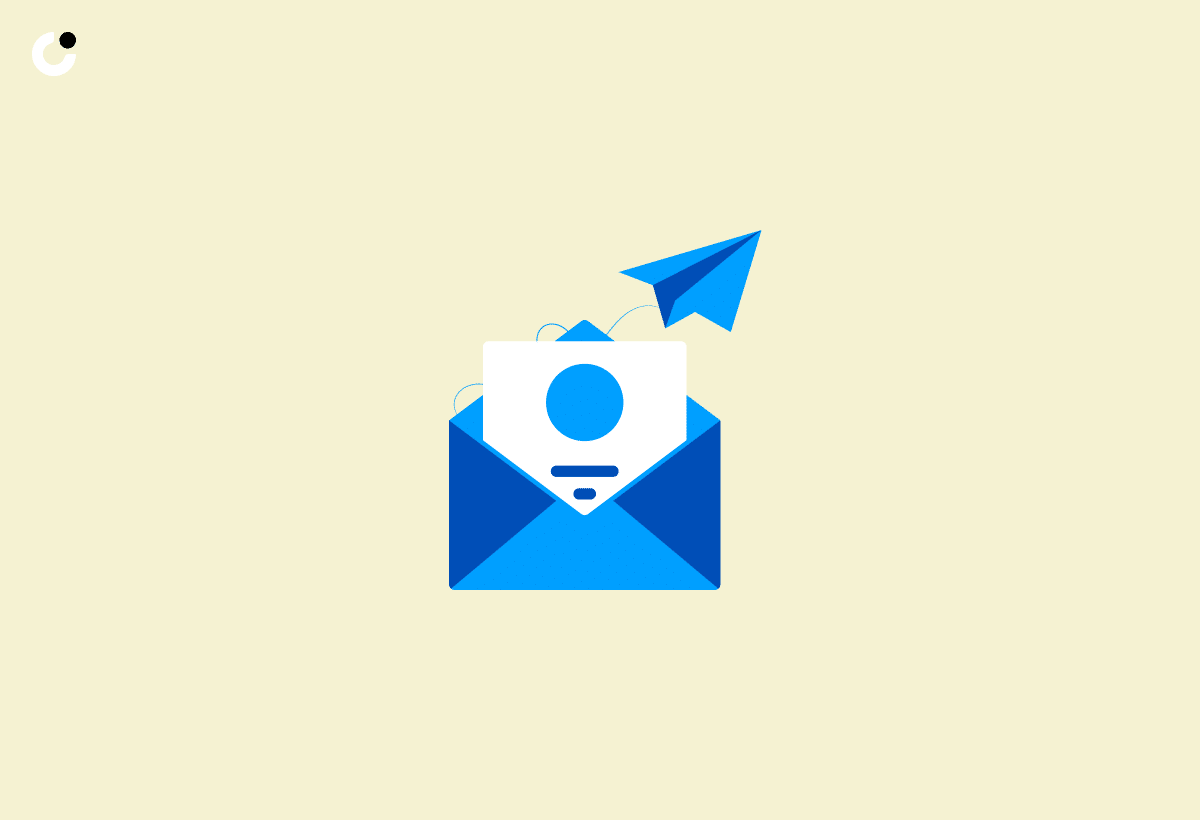
Sample emails to potential employers serve as valuable templates to guide your communication, whether for job applications, follow-ups, or networking purposes.
For instance, a formal email template for job applications should start with a polite greeting and a brief introduction of your qualifications. State the position you are applying for and mention where you found the job listing. Emphasize your relevant skills and experiences that make you a strong candidate. Close the email by expressing your enthusiasm for the opportunity and your willingness to provide further information or attend an interview.
Email for Job Application Example
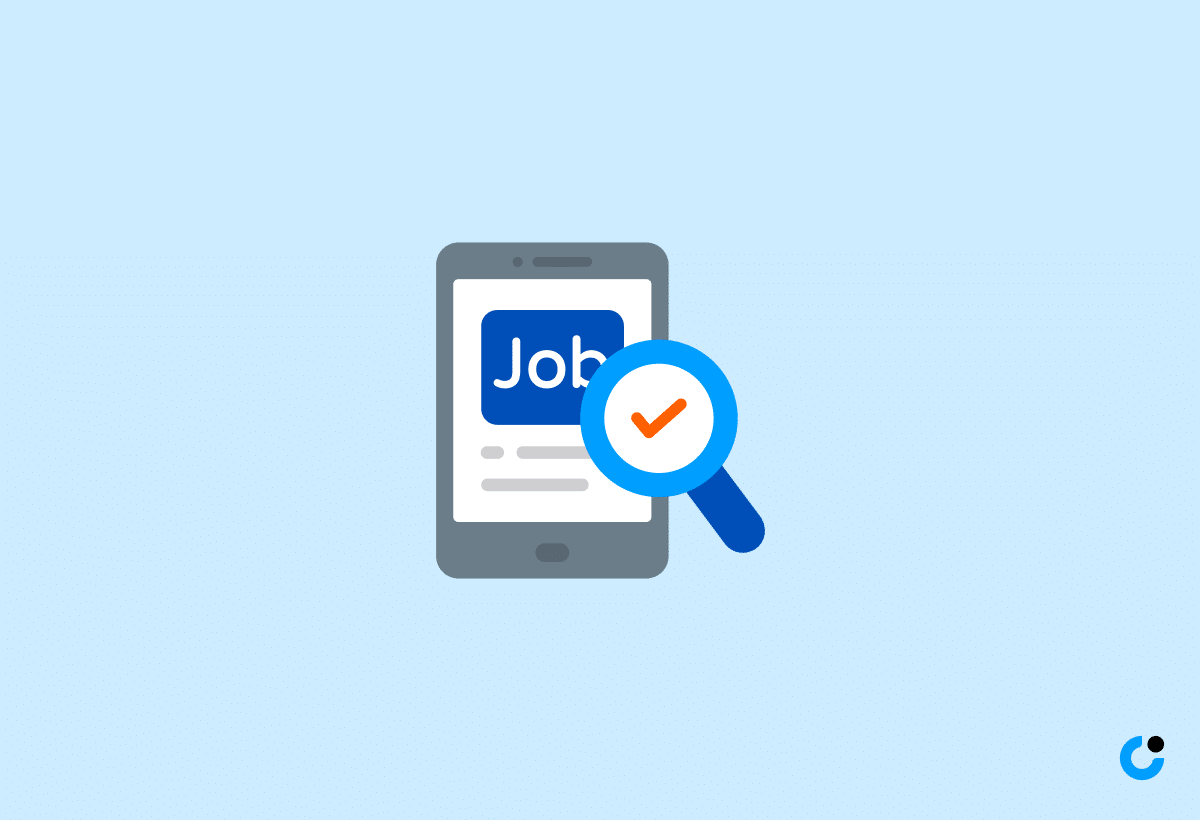
An email example for a job application is a powerful tool that can help you create a compelling and professional introduction to prospective employers.
When crafting such an email, it is essential to start with a formal greeting, addressing the recipient by their proper title and name if known.
Next, provide a brief overview of your background, emphasizing key qualifications and experiences relevant to the position you are applying for. Remember to customize this section for each application to highlight the most relevant skills.
Follow this with a detailed explanation of how your skills align with the job requirements. Use specific examples from your past work or projects to illustrate your capabilities. Demonstrate your enthusiasm for the role and the company by showcasing your knowledge of their values and goals.
In the conclusion, express your interest in further discussing how your skills can benefit the organization and request a meeting or interview. End the email with a polite and professional sign-off, such as 'Sincerely' or 'Best regards', followed by your full name and contact information.
Introduction Email Template for Employers
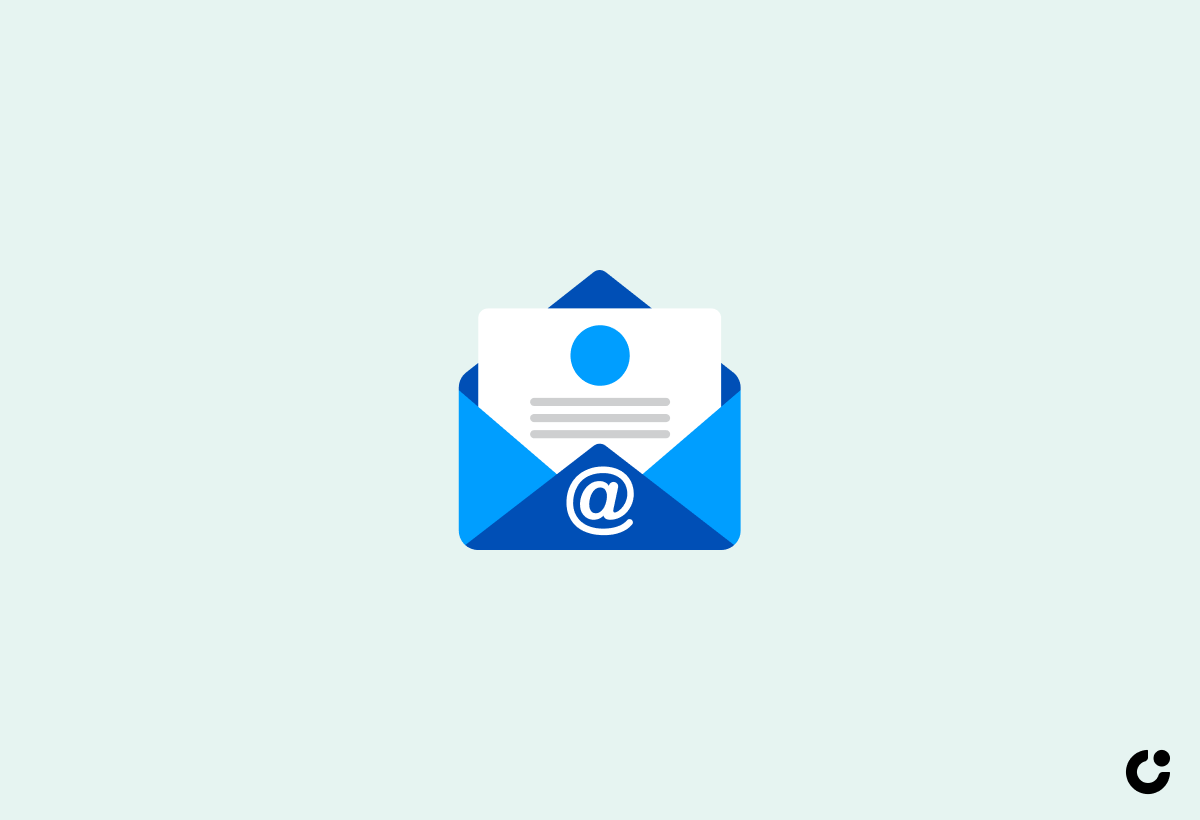
Crafting an introduction email template for employers is a strategic move to establish a positive initial connection and convey your interest in potential opportunities.
When reaching out to employers, it's crucial to make a strong first impression that showcases your professionalism and enthusiasm. Begin by addressing the recipient with a polite greeting and briefly introducing yourself with a mention of your current role or background. Highlight your motivation for contacting them, whether it's a shared interest in their company's mission or a desire to contribute to a specific project they are working on.
In a concise manner, outline a few key skills or accomplishments that demonstrate your qualifications for the role you are interested in.
Cold Email Template for Reaching Out to Employers
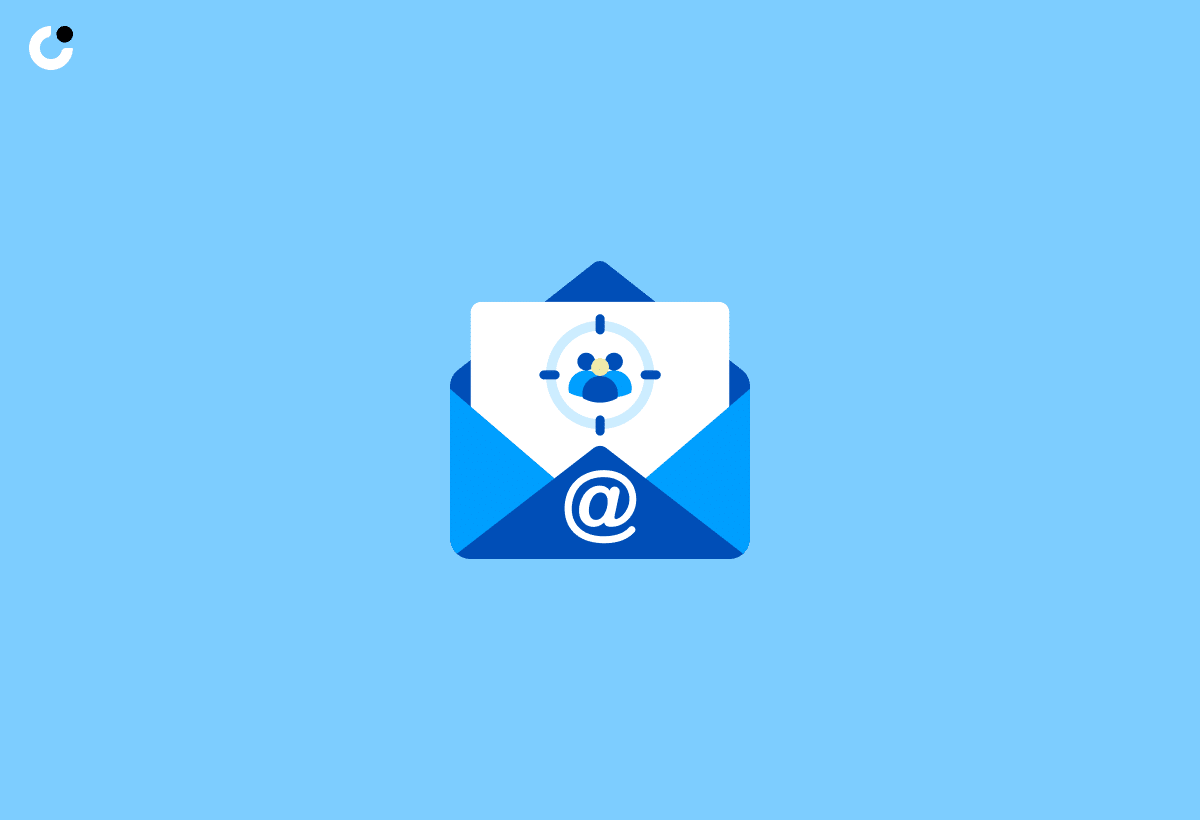
A cold email template for reaching out to employers can be a strategic approach to initiate contact with companies or professionals you admire and wish to collaborate with.
Personalization is key in crafting these emails. Start by addressing the recipient by name and referencing a specific detail about their work or industry to show that you have done your research. This could be mentioning a recent project they worked on or a thought-provoking article they wrote. Follow up with a clear value proposition that highlights what you can offer to them, whether it's a particular skill set, innovative ideas, or a solution to a problem they may be facing.
Follow-Up Email After Applying
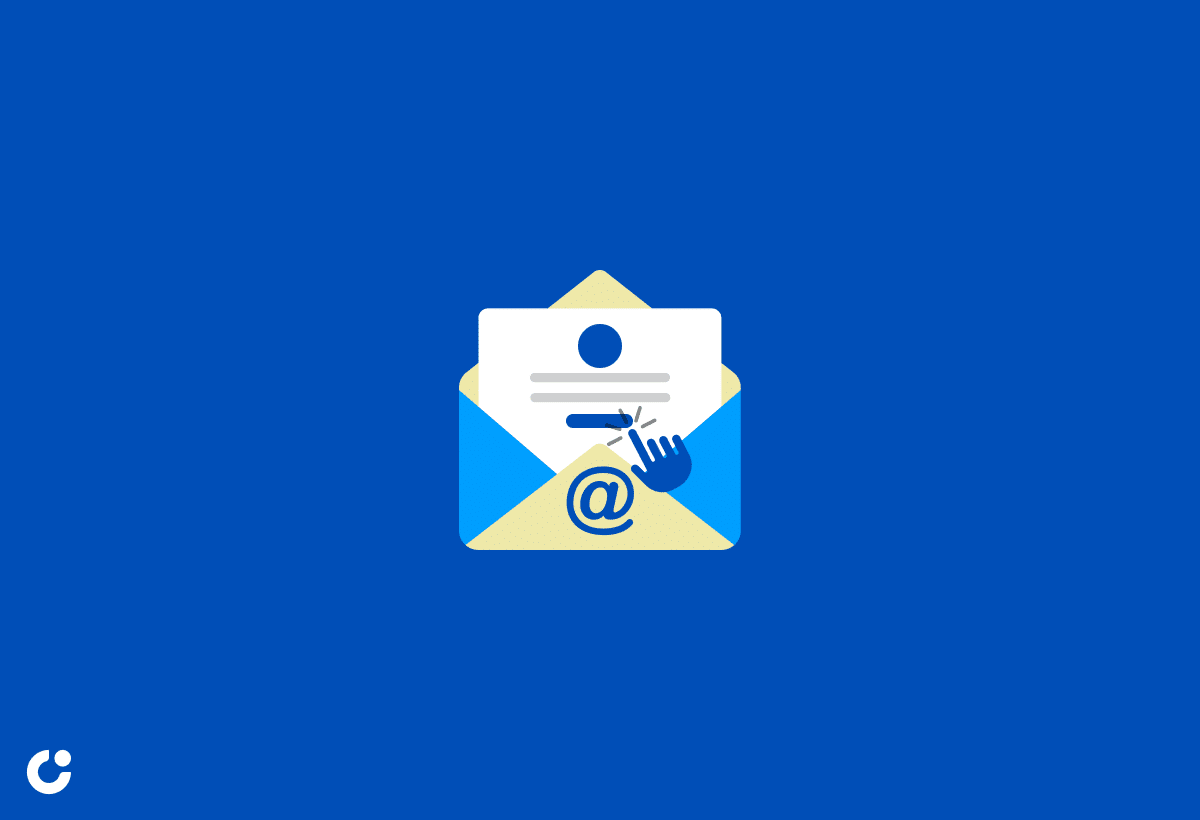
Sending a follow-up email after applying for a job is a proactive step that demonstrates your continued interest in the position and professionalism to the employer.
Expressing gratitude for being considered for the role, and taking the time to craft a thoughtful follow-up email can set you apart from other applicants. Reiterating your interest in the company and how your skills align with the job requirements reinforces your enthusiasm and suitability for the position.
Seeking updates on the recruitment process shows your eagerness and commitment to the opportunity, indicating that you are proactive and engaged in the job search process.
Remember to provide your contact information, including phone number and email, for easy access in case the employer wants to reach out for additional details or to schedule an interview.
Post-Interview Thank You Email
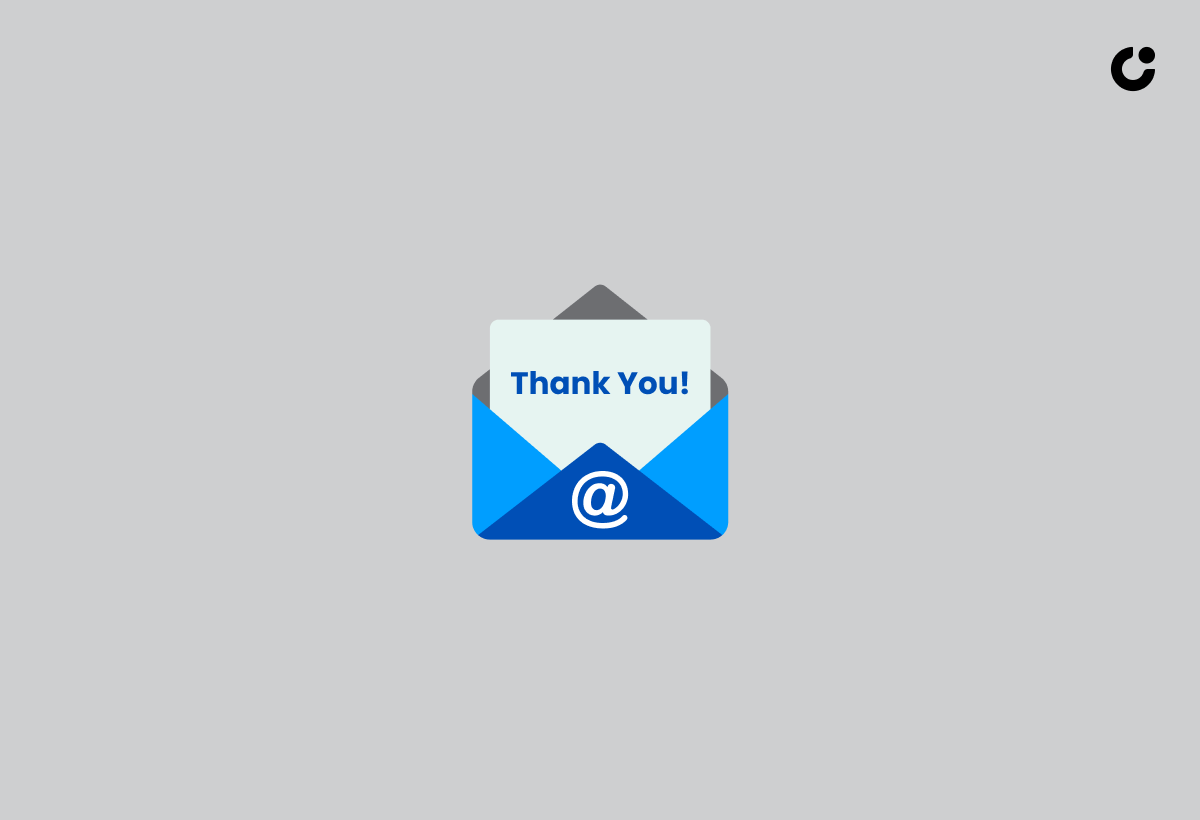
A post-interview thank you email is a courteous gesture that shows appreciation for the opportunity, reiterates your interest in the position, and leaves a positive impression on the employer.
When crafting this email, it's essential to personalize it to showcase your appreciation for the specific details discussed during the interview. You can mention a particular project, challenge, or aspect of the role that resonated with you. Customizing the message demonstrates your attentiveness and genuine enthusiasm for the position.
Express gratitude for the interview experience by thanking the interviewer for their time and the chance to discuss your qualifications. Reiterate your key qualifications or achievements that align with the job requirements to remind the employer of your suitability for the role.
Ensure the tone of the email remains professional yet warm, displaying your enthusiasm for the opportunity without being overly familiar. Timing-wise, send the thank you email within 24 hours of the interview to maintain momentum and demonstrate promptness.
Job Rejection Email Sample
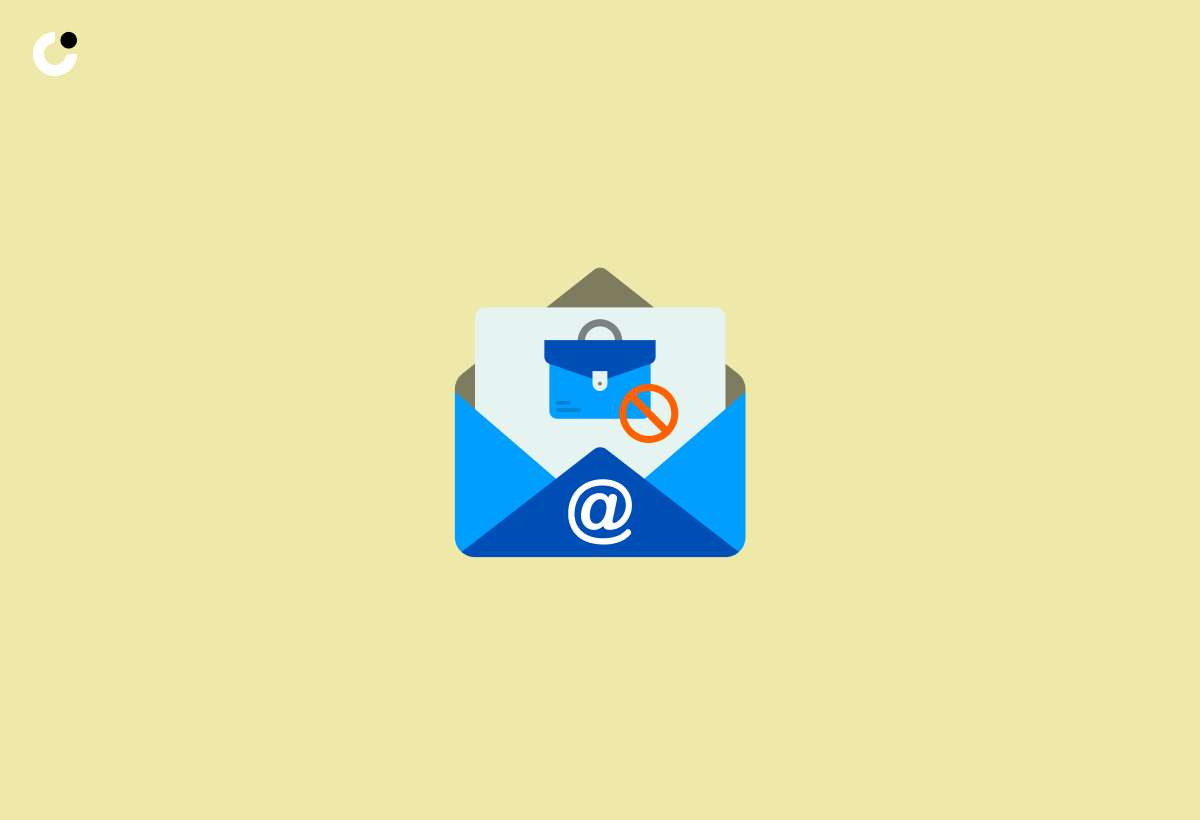
Crafting a job rejection email sample is a professional way to communicate a candidate's status respectfully and maintain a positive employer-candidate relationship.
Communication during the job application process is crucial, and while rejection can be disappointing, it is a valuable opportunity for employers to show empathy and respect towards applicants. Expressing gratitude for the candidate's interest and effort demonstrates genuine appreciation for their time and dedication.
Providing constructive feedback, if applicable, can offer candidates insights for future improvement and growth, showing that the decision was made mindfully and with consideration for their development.
Inquiry About Job Status Email Sample
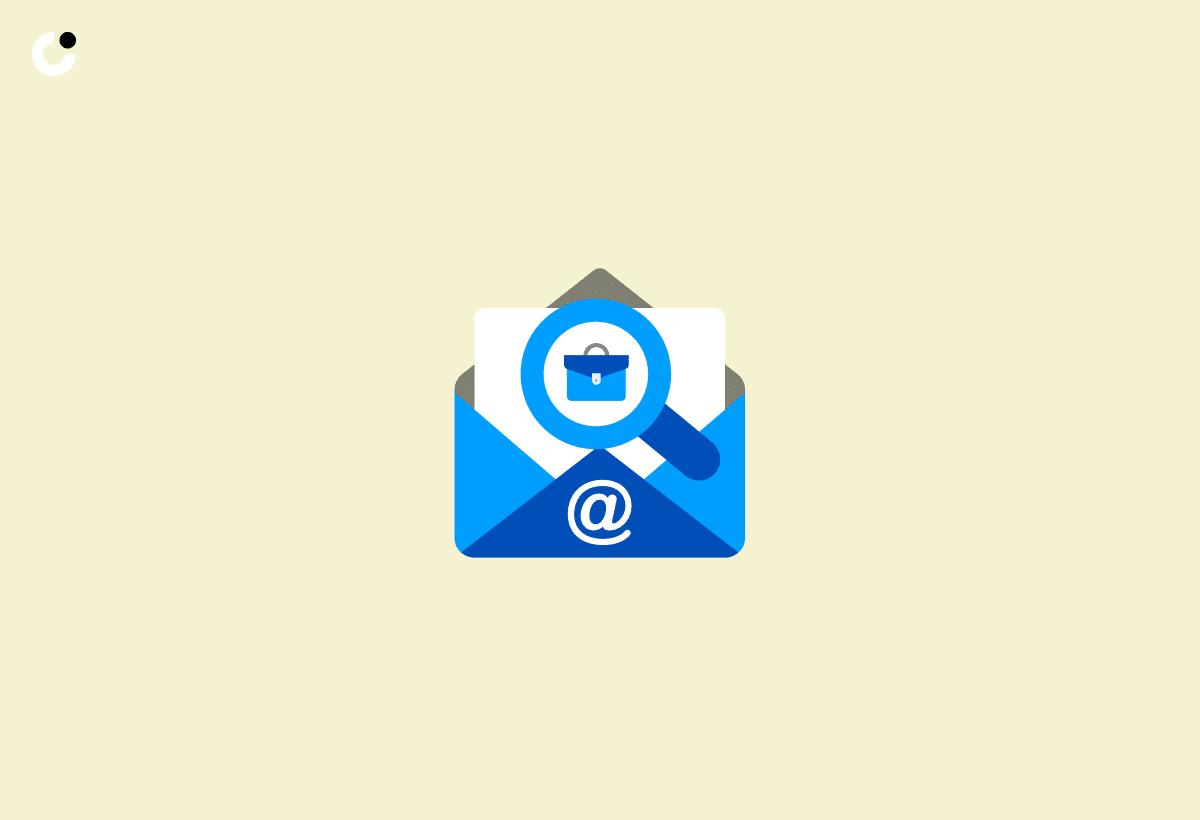
Sending an inquiry about job status email sample demonstrates your proactive approach, interest in the position, and willingness to engage in open communication with potential employers.
When crafting such an email, it is essential to address the recipient respectfully, using formal language and a professional tone throughout the message. Begin by expressing gratitude for the opportunity to apply for the position, followed by a clear request for an update on the application timeline. Clearly state your continued interest in the role and highlight specific aspects of the company or the job that align with your skills and aspirations. Offer to provide any additional information or documentation the employer may require, reinforcing your suitability for the role.
Email Response to a Potential Employer
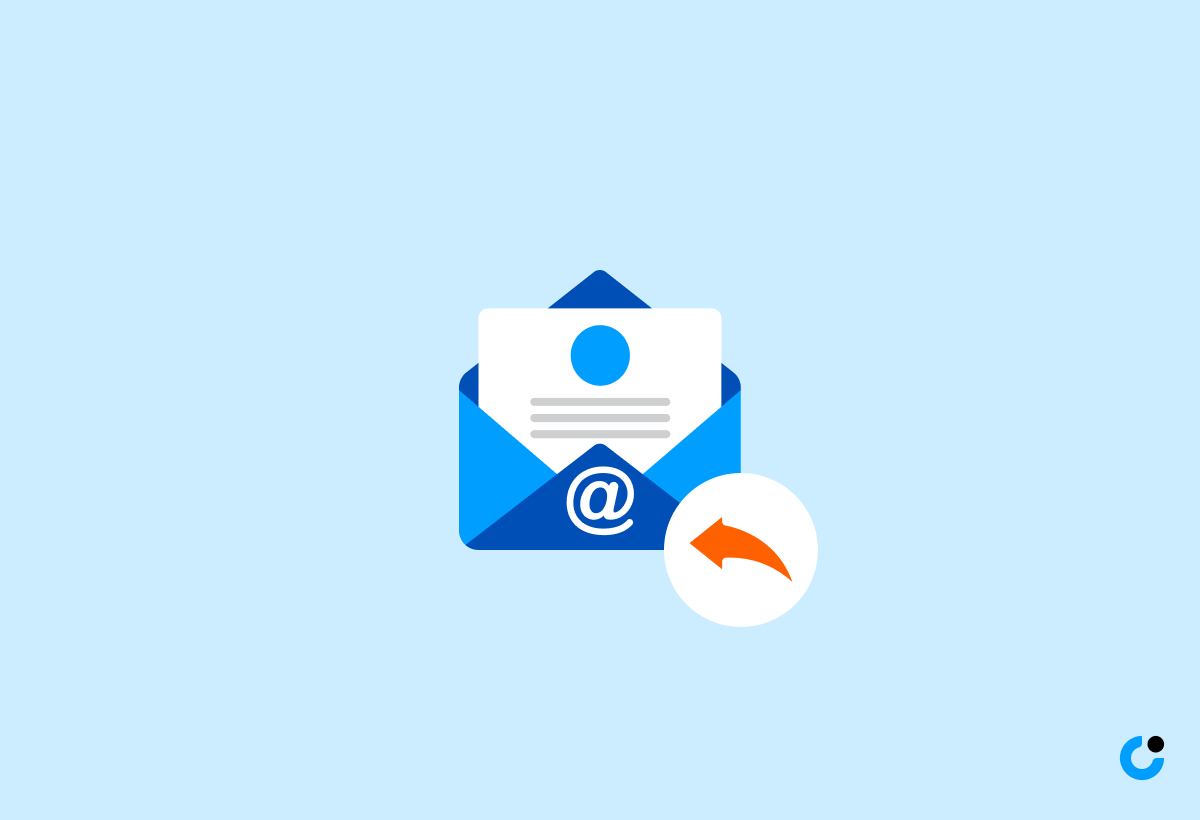
Crafting an email response to a potential employer is a critical step in maintaining professional communication, addressing inquiries, and progressing in the recruitment process.
Upon receiving an email from a potential employer, it is vital to acknowledge the message promptly to demonstrate attentiveness and respect. Address any questions or requests posed in the initial communication with clear and concise responses. Provide any relevant updates or information requested in a structured manner to showcase your professionalism and interest in the opportunity. Expressing gratitude for the ongoing communication can further strengthen the relationship and leave a positive impression. Ensuring clarity, brevity, and promptness in your responses is key to effective communication with potential employers.
Notification Email for Planned Vacation
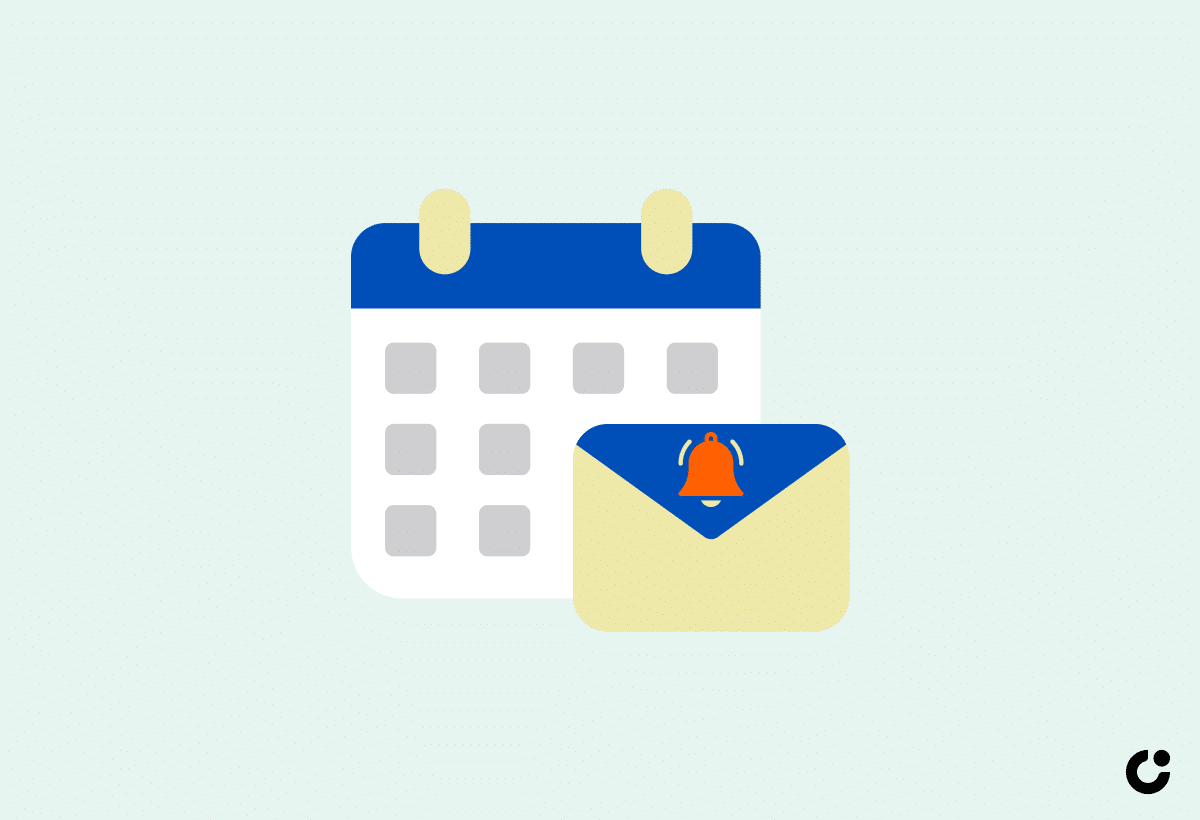
Sending a notification email to your potential employer about planned vacation is a professional way to communicate your absence, maintain transparency, and ensure proper coordination.
Clearly stating the dates of your absence in the email allows your employer to plan accordingly and rearrange work responsibilities. It is important to offer to complete any pending tasks before your leave to ensure a smooth transition during your absence. Providing the contact details of an alternative point of contact in case of any urgent matters is a demonstration of responsible behavior and professional courtesy. Remember, timely notification of your vacation plans can help in maintaining good relations and fostering trust with your employer.
Email to Future Employer About Starting
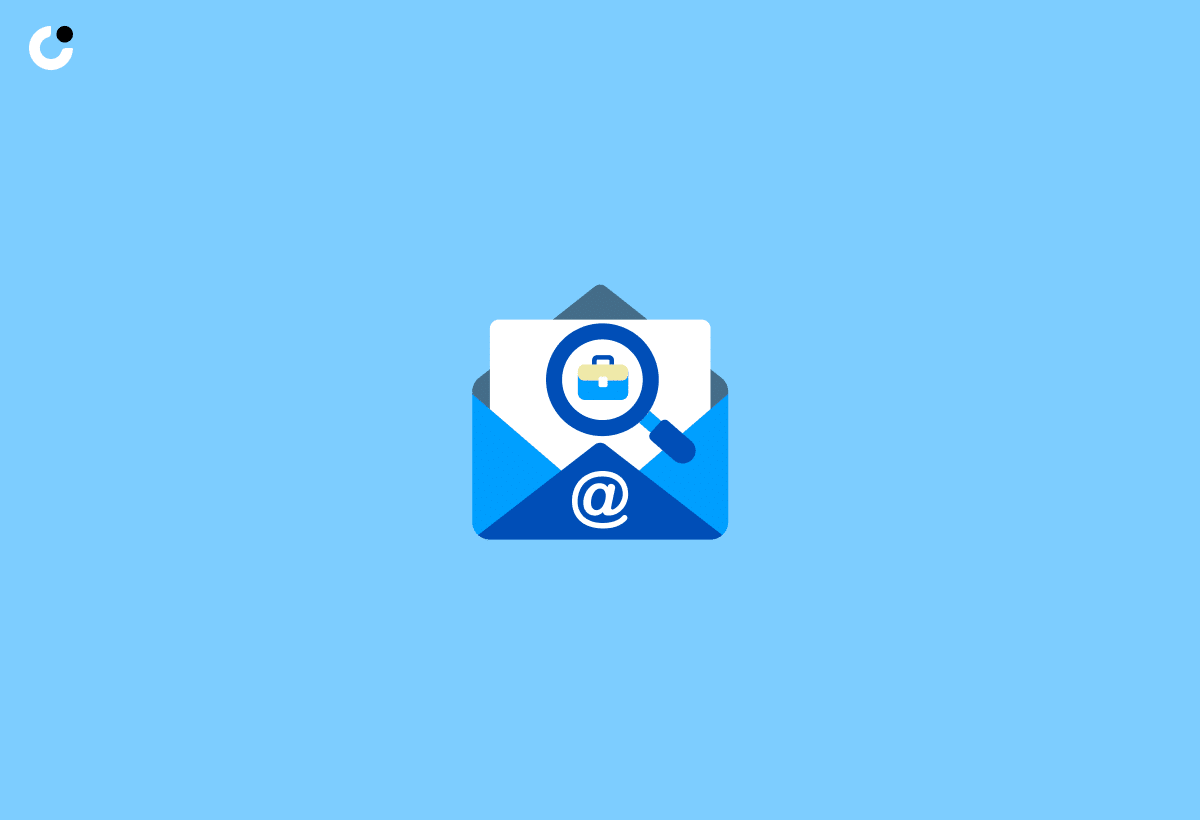
An email to your future employer about starting is a formal communication that confirms your acceptance of the job offer, sets expectations for the start date, and initiates the onboarding process.
Expressing gratitude for the opportunity given and the trust placed in you is crucial in the opening of the email. This sets a positive tone and shows appreciation for the offer. Within the email, it is important to clearly state your acceptance of the position, demonstrating your commitment to joining the company's team. Discussing the proposed start date with flexibility while ensuring alignment with the company's needs is a key aspect of setting expectations.
Seeking clarification on the onboarding procedures, such as required paperwork, orientation details, or any necessary training, showcases your proactive approach to the joining process. Offering to provide any documentation needed in advance can expedite the onboarding process, displaying your readiness to seamlessly integrate into the organization.
Email Template for Contacting Employers
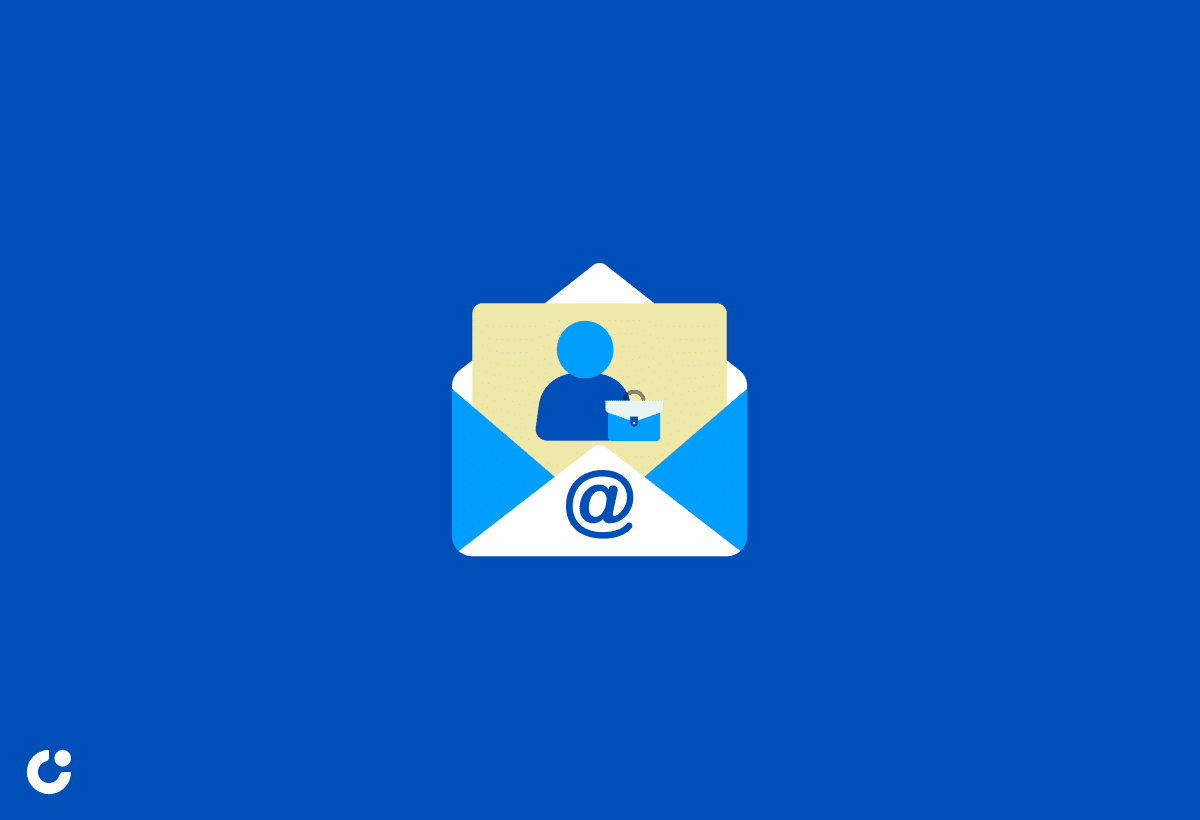
An email template for contacting employers serves as a versatile tool to streamline your communication, maintain consistency in messaging, and present a professional image to potential employers.
When reaching out to prospective employers, the introductory message should be concise yet engaging, setting the tone for showcasing your qualifications and experience. Customizing the content to reflect the specific job position and company shows genuine interest and attention to detail. Including key achievements or skills in a structured manner enhances the impact of your email, making it more likely to grab the recipient's attention. Expressing enthusiasm for the opportunity and closing with a clear call to action for further discussion or interviews can significantly increase the chances of a positive response.
Tips for Making a Great First Impression via Email

Making a great first impression via email is crucial in establishing a positive rapport with potential employers, showcasing your professionalism, and setting the tone for further interactions.
One key aspect to consider when crafting an impactful email is to pay attention to detail. Ensure that your email is free from typos, grammatical errors, and formatting issues to convey a sense of competence and reliability.
Personalize your messages by addressing the recipient by name and tailoring the content to their specific needs or interests. This demonstrates that you have taken the time to understand their requirements and shows a genuine interest in the interaction.
Using professional language in your emails is essential. Avoid slang, abbreviations, or overly casual phrases, and instead opt for clear, formal communication that conveys respect and courtesy.
When conveying information, aim for concise communication that gets straight to the point. Avoid unnecessary fluff or excessive details that may dilute the message.
Ensure timely responses to emails. Prompt replies indicate reliability, efficiency, and respect for the recipient's time. By showcasing your relevant experience, skills, or achievements in a clear and compelling manner, you can effectively demonstrate the value you bring to the table and make a lasting impact on the recipient.
Final Recommendations
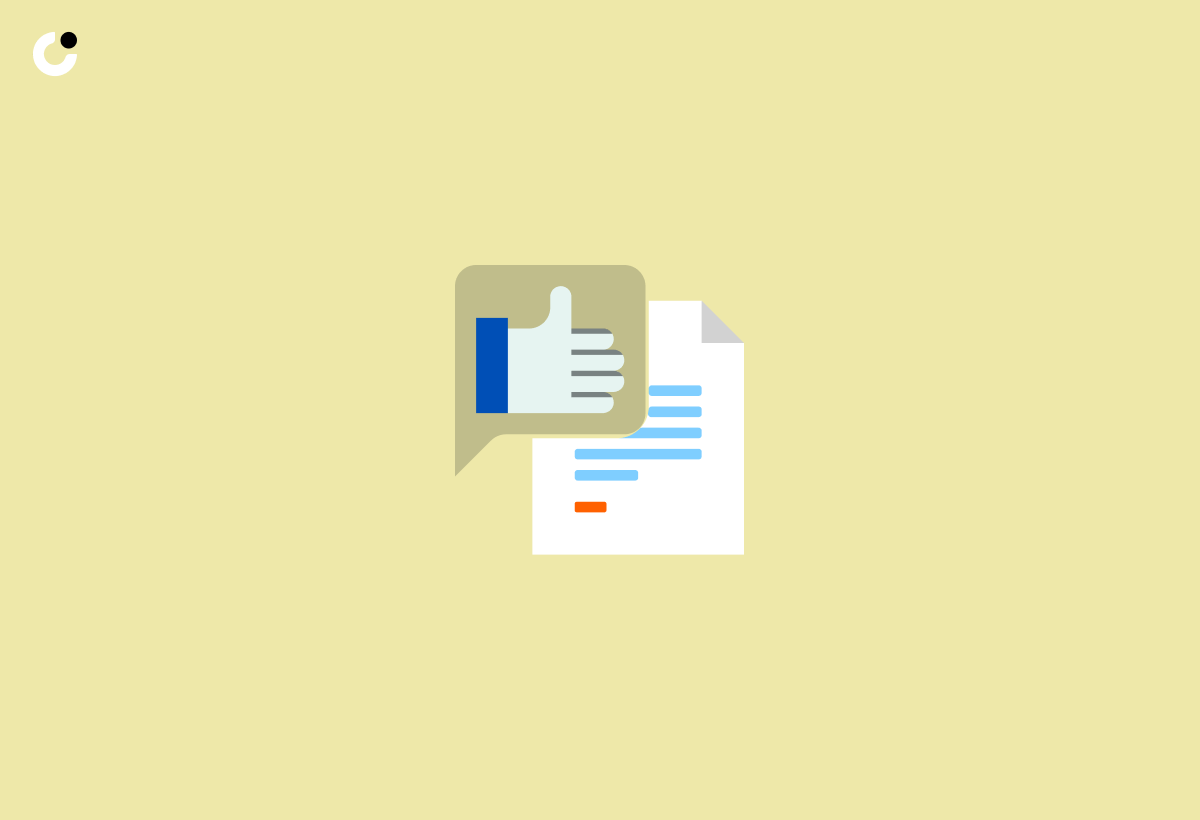
In conclusion, the final recommendations aim to consolidate key insights, offer actionable advice, and guide individuals on effectively navigating the realm of professional communication with potential employers.
Crafting compelling emails is crucial in making a positive impression on potential employers. Use clear and concise language, professional formatting, and personalized touches to stand out.
Maintaining professional relationships involves consistent communication, expressing gratitude, and seeking feedback to foster trust and connection. After applications or interviews, always follow up with a polite thank you note to express appreciation and reiterate interest.
Leveraging tools like Flowrite can enhance efficiency by providing AI-powered writing suggestions and improving email responses for better communication outcomes.
Additional Resources for Career Advancement

Exploring additional resources for career advancement can provide valuable insights, expert advice, and industry-specific techniques to enhance your professional journey and elevate your job search strategies.
When seeking to further your career, consider utilizing online platforms such as LinkedIn to expand your professional network, access job postings, and stay updated on industry trends. Industry experts and mentors can offer personalized guidance, share their experiences, and provide valuable feedback to help you navigate your career path with confidence.
Communication tools like Flowrite can streamline your job search process by enhancing your resume writing, crafting compelling cover letters, and optimizing email communication with potential employers. Leveraging these resources effectively can keep you informed, connected, and proactive in pursuing new career opportunities.
Frequently Asked Questions
How do I begin writing an email to a prospective employer?
To start, make sure to research the company and the person you are addressing. This will help you personalize your email and make a good first impression.
What information should I include in my email to a prospective employer?
Your email should include a brief introduction about yourself, your interest in the company, and why you are a good fit for the position. You can also mention any relevant experience or skills that make you a strong candidate.
Should I attach my resume and cover letter to the email?
It is always a good idea to include your resume and cover letter as attachments, even if you have already submitted them through a job application. This will ensure that the employer has all the necessary information to consider you for the position.
How should I address the person I am emailing?
If you have the name of the person you are addressing, use their name in the email. If you are unsure, use their job title (e.g. Dear Hiring Manager). Avoid using generic salutations like "To Whom It May Concern."
What is the best way to format my email to a prospective employer?
Keep your email concise and professional. Use a clear and professional subject line, and make sure to proofread for any spelling or grammar errors. You can also use bullet points or bold text to make important information stand out.
Is it appropriate to follow up after sending an email to a prospective employer?
It is acceptable to follow up with the employer after a week or two if you have not heard back, but avoid sending multiple follow-up emails. In your follow-up, politely inquire about the status of your application or express continued interest in the position.

